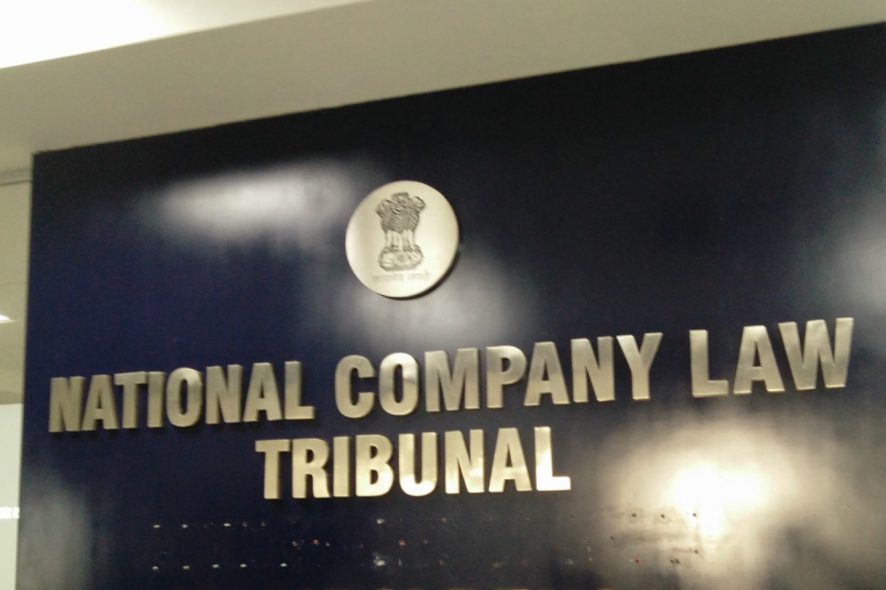National Company Law Tribunal (NCLT): Coram of H.V. Subba Rao (Judicial Member) and Chandra Bhan Singh (Technical Member) held that ‘Working Capital’ provided by an investor cannot be considered as ‘Financial Debt’.
Instant company petition was filed seeking to initiate Corporate Insolvency Resolution Process against the Corporate Debtor alleging that the Corporate Debtor committed default in making payment to the Financial Creditor.
Petition was filed by invoking the provisions of Section 7 of Insolvency and Bankruptcy (Application to Adjudicating Authority) Rules, 2016.
Since the Corporate Debtor failed to make payment of a sum of Rs 7,02,682, a petition was filed before the Adjudicating Authority.
Financial Creditor submitted that a Restaurant Operation and Services Agreement (ROSA) was signed between the parties on, as per which the investor would finance furnish and equip restaurants whereas the respondent operating partner was to provide day to day Operations and Management Services for the running of the business.
Analysis, Law and Decision
Bench noted that the total claim of the petitioner was based on Article 2 Section 4 of the Agreement regarding working capital.
Article 2, Section 4: Capital Expenditure
“…The Capital Expenditure to be incurred by the Investor with respect to each of the Restaurants is capped at Rs. 35,00,000/-, excluding goods and service tax. Provided however, the Operating Partner shall use reasonable endeavours to minimize the actual Capital Expenditure for each Restaurant. In the event the Capital Expenditure exceeds the aforesaid amount, the Investor may, at its discretion, approve and incur the same…”
Financial Creditor submitted that it provided a loan of Rs 7.02 lakhs.
Bench noted that all the three premises from where the restaurants were operating was rented in the name of the Financial Creditor under Leave and License Agreement and the Corporate Debtor was not a party.
Further, the total claim mentioned was a claim to Rent Commission and Maintenance, none of which amounted to a Financial Debt.
Adding to the above, Tribunal noted that there was no disbursement to the respondent and all the payments were related to the third party.
Hence, no money was received by the Corporate Debtor in its account. The Petitioner failed to produce any bank statement showing that the said amount had gone into the respondent’s account.
Therefore, about Rs. 7.02 lakhs did not come into the account of the Corporate Debtor but were paid by the Financial Creditor.
Bench even opined that Article 2 Section 4 never mentions that it is a working capital loan, it only says that in the event of Operating Partners requires the Working Capital for the initial period till a Restaurant has achieved break even, the Investor shall provide the same in a manner as may be mutually agreed between the parties.
Hence, the Tribunal stated that,
“…it was not a loan and till the achievement of the ‘break even’ the investor was to provide the Working Capital.”
Further, it was also noted that the petitioner was trying to make out a case not as an Investor in the restaurant project but as a creditor which was contrary to the documents executed between the parties.
Corporate Debtor clearly brought out that the said restaurants never ‘broke even’ and therefore, there was no obligation on the part of the respondent to pay an amount which had been provided by way of working Capital.
Therefore, while concluding the matter, Bench held that the amount which was being claimed as Financial Debt was not a Debt at all and at best was a payment due after the restaurant business ‘breaks even’.
Hence, the amount claimed of Rs 7,02,682/- does not qualify as a Financial Debt under Section 5(8) of the Code and is not default under Section 3(12) of the Code. [Plutusone Hospitality (P) Ltd. v. Busabong & Co. (P) Ltd., CP No. 4395/IBC/MB/2019, decided on 26-7-2021]
Advocates before the Tribunal:
For the Applicant: Mr Shyam Kapadia, Advocate
For the Respondent: Mr Nausher Kohli, Advocate







